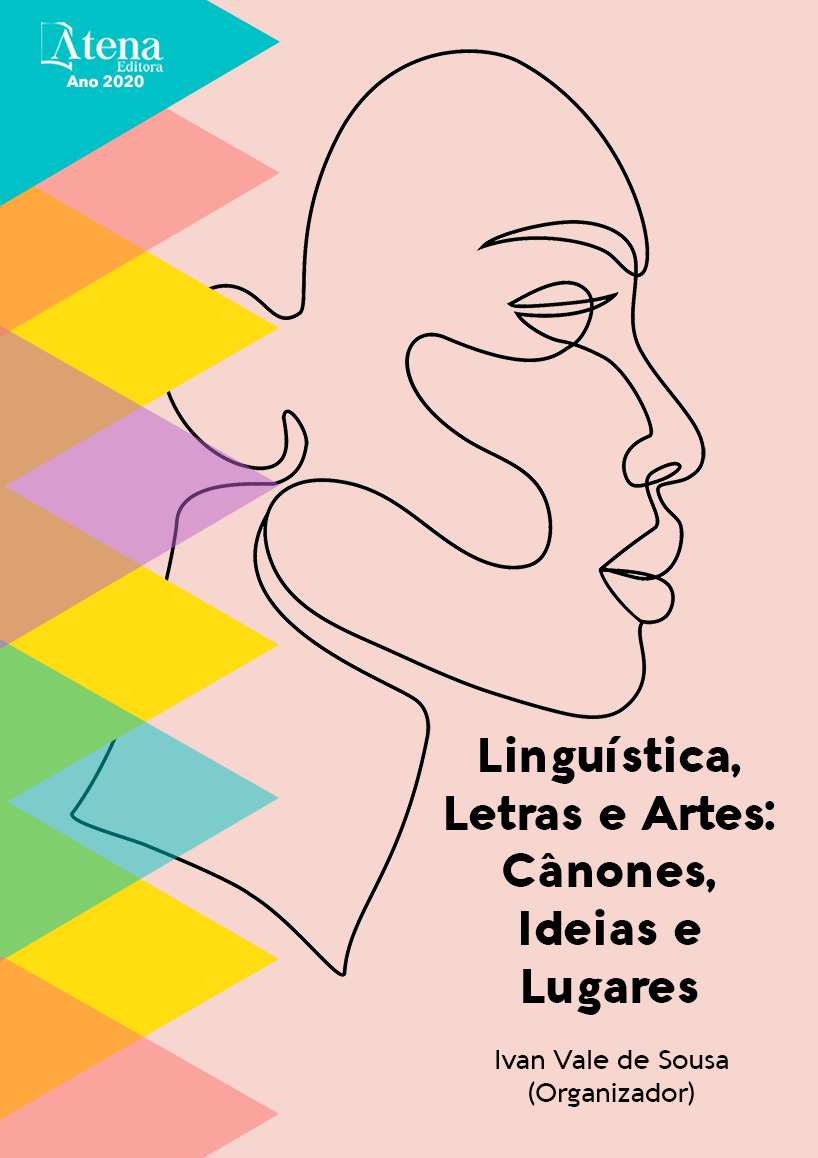
BRASIL E PORTUGAL NA ENCRUZILHADA: A NEGAÇÃO DO FADO E A AFIRMAÇÃO DO SAMBA (1930-1939)
Nacionalismos de todas as colorações políticas pululavam mundo afora durante a década de 30 do século passado. Aqui do lado de baixo do Equador não foi diferente. No Brasil, em particular, tanto à direita como à esquerda do espectro ideológico nacional, manifestações de matriz nacionalista se fizeram sentir nos mais distintos campos, inclusive na área artística. Foi a época em que se assistiu à invenção do samba como ícone musical da nação. Em meio a esse processo, certos compositores populares moveram um combate aos estrangeirismos em geral. O fado, terceiro gênero musical “estrangeiro” mais gravado no país, ficou, então, sob a alça de mira de determinados críticos. Um inflamado antilusitanismo chegou a se expressar em estreita ligação com um sentimento antifadista. Neste texto me proponho, a partir daí, a mapear tais manifestações, tendo por foco sobretudo a produção do jornalista, poeta e compositor Orestes Barbosa, um dos parceiros de Noel Rosa. Ao mesmo tempo, busco inserir as lutas de representações travadas em nome do samba em redes de interlocução informais que desde o século XIX exprimiam sua hostilidade seja em relação a Portugal ou ao fado. Neste último caso, importa observar que ele enfrentou também sérias rejeições em terras portuguesas até impor-se como “fiel intérprete da alma lusitana”.
BRASIL E PORTUGAL NA ENCRUZILHADA: A NEGAÇÃO DO FADO E A AFIRMAÇÃO DO SAMBA (1930-1939)
-
DOI: 10.22533/at.ed.16920190618
-
Palavras-chave: Fado. Samba. Música popular. Lutas de representações. Relações Brasil-Portugal.
-
Keywords: Fado. Samba. Popular music. Representations struggles. Brazil-Portugal relations.
-
Abstract:
In the 1930s, there was an abundance of nationalisms of all political hues. Here, south of the Equator, it was similar. In Brazil particularly, on both the right and left sides of the national ideological spectrum, these nationalistic manifestations emerged in the most different fields, including art. This was when the invention of samba as the musical icon of the nation took place. In the midst of this process, a few songwriters engaged in a combat against everything foreign. Thus, certain critics targeted fado, the third most recorded “foreign” musical genre in the country. A passionate anti-Portuguese attitude was even expressed that was tightly linked with an anti-fado feeling. In this framework, this article aims at mapping these manifestations, focusing mainly on the journalist, poet, and songwriter Orestes Barbosa’s production, which was one of Noel Rosa’s musical partners. At the same time, the text situates the representations struggles waged on behalf of samba against fado in informal discussion networks that had expressed, since the 19th century, their hostility toward either Portugal or fado. As to this latter music genre, it is important to note that it also faced serious rejection in Portugal before it established itself as a “faithful interpreter of the Portuguese soul.”
-
Número de páginas: 24
- Adalberto Paranhos


